Undergraduate Major Programs

Applied Humanities
Spatial Organization and Design Thinking Emphasis
Prepare for jobs that communicate about—and effect change in—buildings, cities, and landscapes with courses in sustainability, digital media, fabrication technology, and more. This degree can also be a stepping stone to graduate studies in design, architecture, urban planning, and landscape architecture.

Architectural Engineering
Develop your foundation in structural health monitoring and analysis, materials processing, water and energy efficiency, and gain real-world experience through specialized projects, architectural studio courses, and paid internships while preparing for a career focused on the structural integrity and resilience of buildings and the comfort and health of their occupants.

Civil Engineering
Prepare to create infrastructure that stands the test of time using methods and materials that preserve the world's vital resources and protect the environment while studying a broad range of subjects. Opportunities for paid internships, fieldwork, capstone projects and design-build competitions position graduates to fill much-needed roles in public and private sectors.
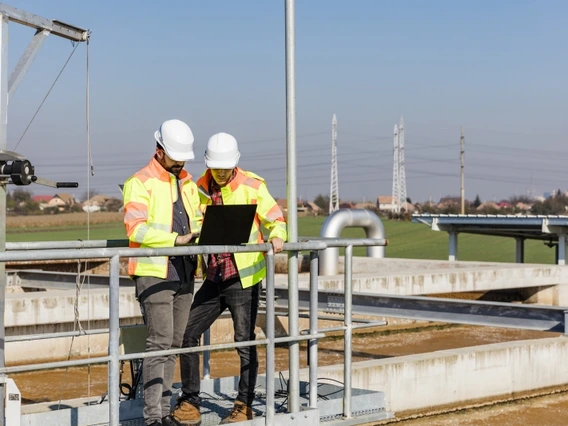
Environmental Engineering
Prepare for a career as an environmental engineer who can develop methods for clean manufacturing, wastewater treatment, water purification, alternative energy, and sustainable building. Learn about toxicity and pollutants and how to address issues across a range of industries that potentially affect the environment and public health in classroom study, research, and real-world design projects.

Environmental Science
Physical and Chemical Dynamics Emphasis
Learn how to apply scientific principles to environmental conservation and identify ways to overcome ecological challenges while integrating concepts from biology, chemistry, and physics to comprehend how different environments function as systems. Graduate ready to apply that understanding to the planet's most pressing issues related to soil, water, air, human health, and natural resources.
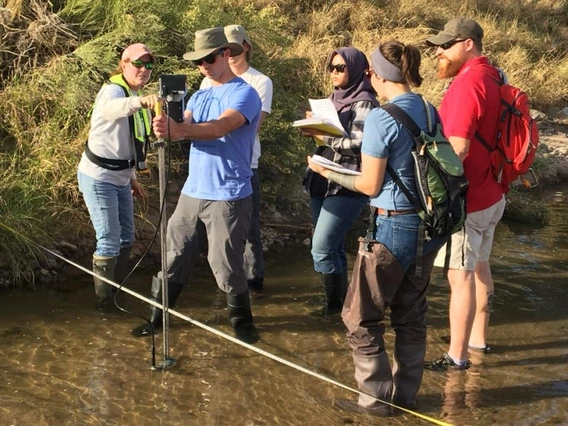
Hydrology and Atmospheric Sciences
Environmental Hydrology and Water Resources Emphasis
Learn about the interplay between water, nature and humans, quality and quantity of various water supplies, how water flow affects the environment, drought, flooding, pollution, precipitation, and more while preparing for a career that helps communities and conserves the environment.

Sustainable Built Environments
Learn solutions-based environmental design, planning, and management practices to create more sustainable built environments with your own specialized focus area. Courses span the subjects of architecture, landscape architecture, urban planning, real estate development, and heritage conservation, preparing you for a career in urban agriculture, sustainable development and construction, and adaptive building use and preservation.
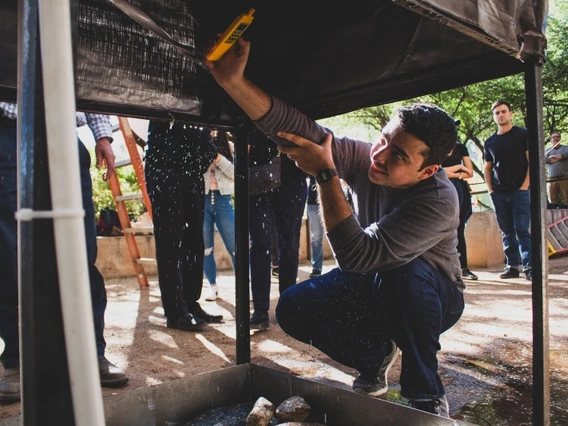
Sustainable Built Environments
Sustainable Buildings Emphasis
Hands-on coursework in climate-responsive and net-zero energy design, energy conservation, passive solar design, and natural ventilation systems teaches you to analyze existing and planned structures, apply solutions-based strategies to create workable plans to make buildings more efficient. Graduate with a practical understanding of sustainability and expertise in built environment policy and design.
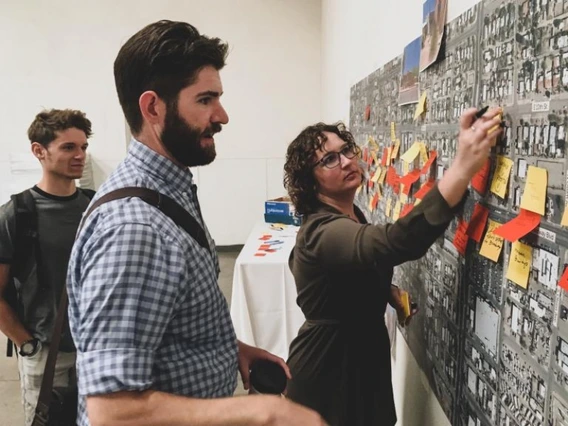
Sustainable Built Environments
Sustainable Communities Emphasis
Explore climate action planning, transportation planning, and urban development, and build critical thinking skills and a solutions-based approach to navigate the challenge of making cities more sustainable and resilient. Graduate prepared for a career in sustainable communities or with a strong foundation for graduate studies.
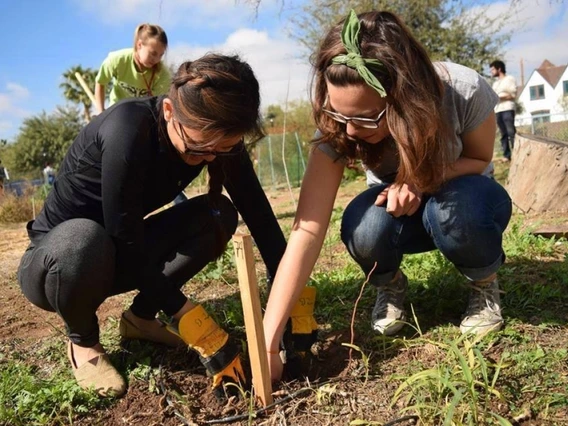
Sustainable Built Environments
Sustainable Landscapes Emphasis
Identify strategies to design innovative and sustainable landscapes while studying water harvesting, passive cooling, urban heat island mitigation, climate adaptability, how landscapes can improve human health, urban ecology, natural resource management, and environmental policy. Graduate with a deeper understanding of the pivotal role of landscapes in a community and how to make them more sustainable.
Pagination
Environmental Themes
Career Fields












